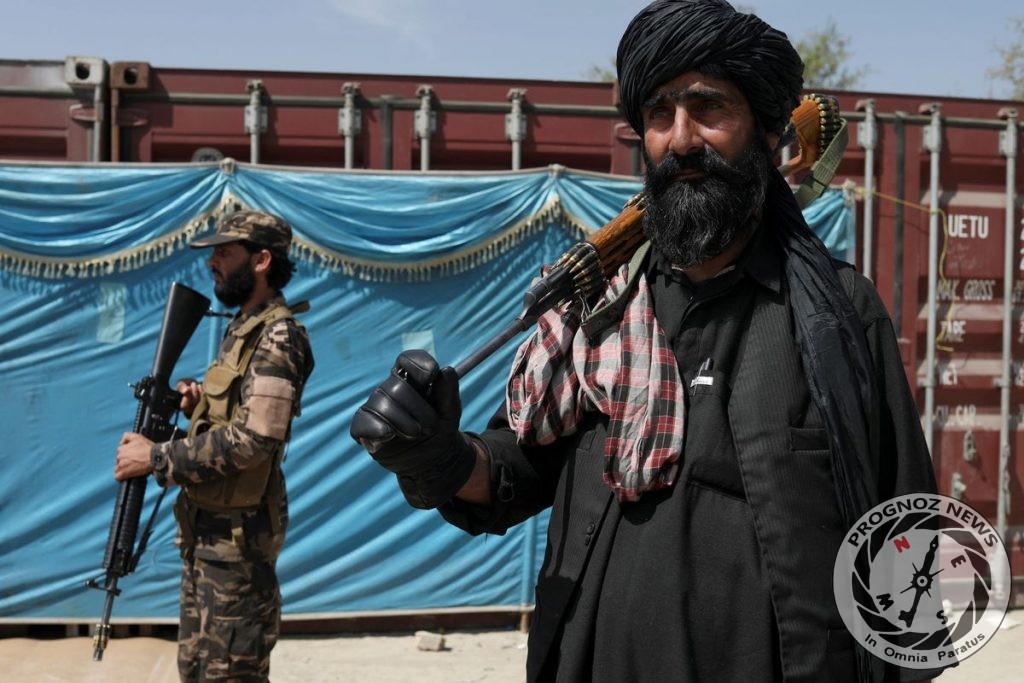𝐓𝐡𝐞 𝐓𝐚𝐥𝐢𝐛𝐚𝐧 𝐦𝐚𝐲 𝐛𝐞 𝐚𝐛𝐥𝐞 𝐭𝐨 𝐢𝐦𝐩𝐫𝐨𝐯𝐞 𝐭𝐡𝐞 𝐔𝐒’𝐬 𝐚𝐛𝐚𝐧𝐝𝐨𝐧𝐞𝐝 𝐦𝐚𝐬𝐬 𝐬𝐮𝐫𝐯𝐞𝐢𝐥𝐥𝐚𝐧𝐜𝐞 𝐬𝐲𝐬𝐭𝐞𝐦 𝐢𝐧 𝟐𝟎𝟐𝟏 𝐛𝐲 𝐮𝐬𝐢𝐧𝐠 𝐇𝐮𝐚𝐰𝐞𝐢’𝐬 𝐜𝐮𝐭𝐭𝐢𝐧𝐠-𝐞𝐝𝐠𝐞 𝐭𝐞𝐜𝐡𝐧𝐨𝐥𝐨𝐠𝐲.
The Taliban is creating a large-scale camera monitoring network for Afghan cities, maybe recycling an American-created plan before their departure in 2021. The Taliban administration, which is focusing on restoring security and combating the Islamic State, has also discussed potential collaboration with Chinese telecoms equipment company Huawe. The deployment of mass surveillance cameras is part of a new security policy that will take four years to completely implement. In August, the Taliban had a “basic talk” with Huawei about the potential network, but no contracts or definite arrangements had been made. According to a person acquainted with the discussions, Huawei has struck “verbal agreement” with the Taliban on a contract to build a surveillance system.
The Taliban has launched a $100 million plan to enhance Kabul’s video surveillance system, which is currently heavily guarded by security vehicles and regular checkpoints. The NATO coalition has backed the strategy, which is designed to prevent forces like the Islamic State from assaulting Taliban members or government strongholds in Kabul. However, human rights advocates and regime opponents are afraid that increased surveillance will target members of civil society and protestors. Even though Islamic Sharia law forbids recording in private locations, the Taliban insists that a modernized surveillance system would not violate Afghan citizens’ rights. According to security experts, the plan faces real-world obstacles like daily power outages in Afghanistan, limited access to energy, and the Taliban’s need to find cash in the wake of a dramatic economic downturn and the withdrawal of substantial help after their takeover.
Threats from militant groups are another issue of concern in Xinjiang’s western part, as China has made no secret of its worries about the East Turkestan Islamic Movement (ETIM), an armed separatist group. The Taliban have said that foreigners in Afghanistan will not be safe from Daesh threats, and the group rejects that militancy poses a danger to its rule.
The Taliban has publicly declared raids on Islamic State cells in Kabul, as well as the removal of at least eight prominent officials, some of whom were involved in external plotting. According to analysts, urban surveillance will not completely address their presence in Afghanistan.
@prognoz_news 











